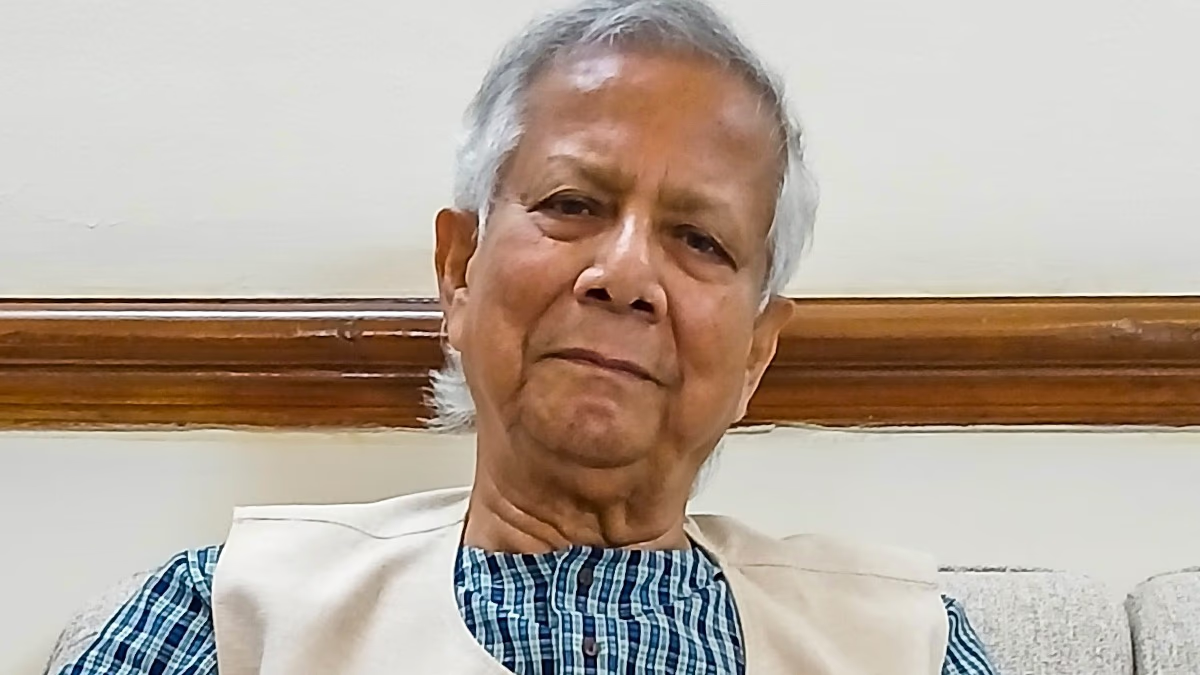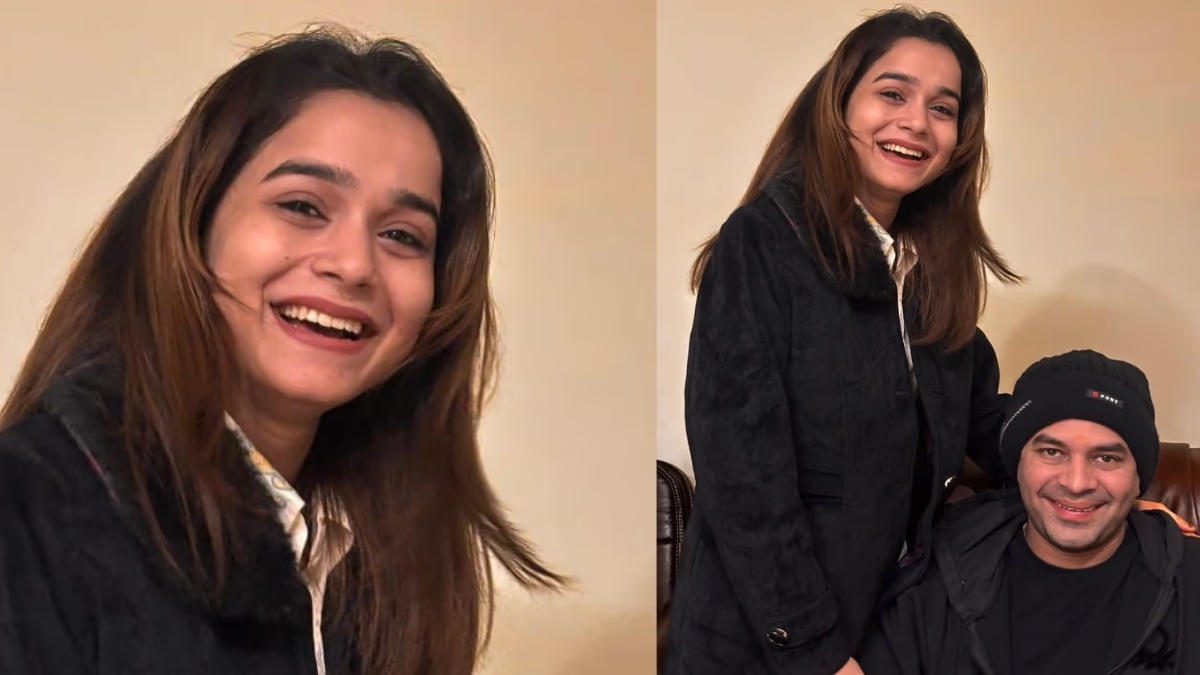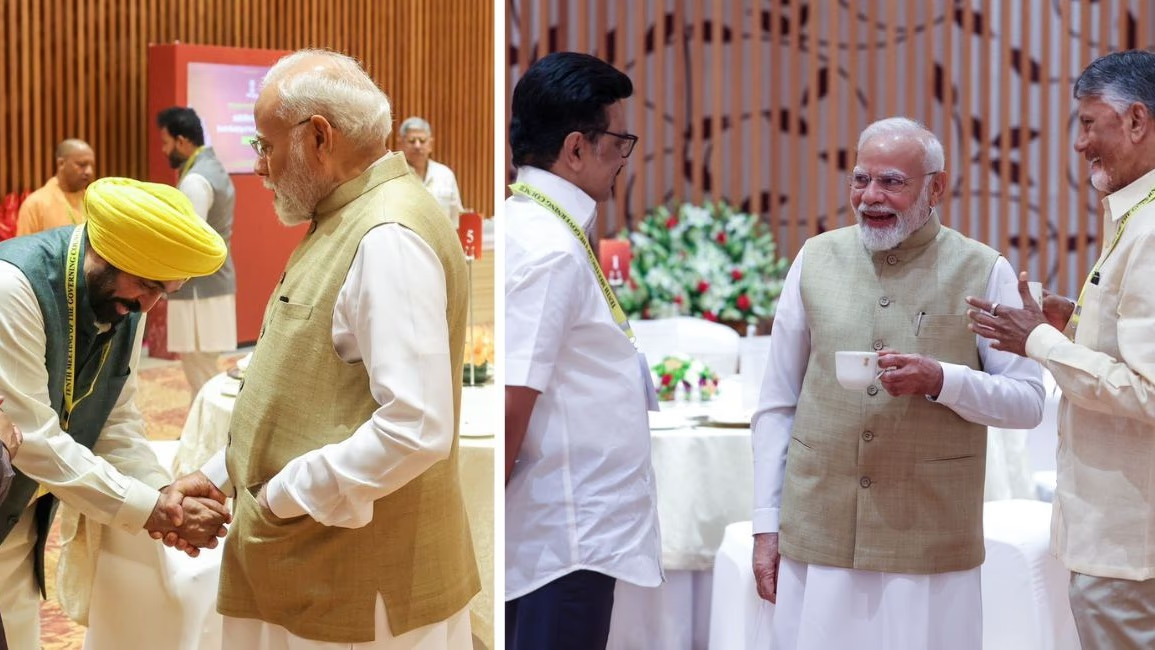Once again, Bangladesh finds itself engulfed in a leadership crisis as Dhaka's political landscape reaches a sensitive juncture. The Nobel Laureate and principal advisor of the interim government, Dr. Muhammad Yunus, now finds himself entangled in mounting pressures. Following a stern warning from Army Chief General Wakar-Uz-Zaman, Yunus is contemplating resignation and preparing for Plan B. Reports suggest Yunus might showcase his power on the streets to remain in power. Meanwhile, serious questions arise in political circles and military quarters regarding his intentions.
Last year, following public dissent in Bangladesh, a political turnover placed power in the hands of the 84-year-old Yunus. In an interview with Reuters, Bangladesh Army Chief General Wakar-Uz-Zaman expressed that Muhammad Yunus would remain in power for another 18 months, during which elections will be held, and a new government formed. He further asserted that they are eager to initiate the democratic process in the country. The interim government in Bangladesh has granted magistrate powers to the army, sparking speculations that the military might seize control, jointly running the government.
The army chief clarified that as long as the interim government stays, the military will operate from the background until Yunus finishes the reforms underway. The army chief also assured that they will always support the interim government, regardless of circumstances.
Why the Controversy Arose...
In reality, General Wakar-Uz-Zaman dismissed Yunus's reform agenda and called for elections by December 2025. Publicly for the first time, General Wakar-Uz-Zaman stated that the interim government’s role is solely to conduct elections, not make policy decisions. Interference in military affairs, unilateral decisions on internal security, and pressure from external forces will no longer be tolerated. The army needs to be included as a credible partner in all strategic and security policies. This statement was perceived as an open challenge to Yunus’s authority.
Zaman also emphasized that the interim government should avoid making significant decisions impacting Bangladesh's stability and sovereignty, leaving such matters to a future elected government. On Wednesday, the army chief clarified that delays will no longer be tolerated, and strategic decisions cannot be made while sidelining the military.
The army chief repeatedly declared his opposition to a military takeover, expressing an expectation that Yunus would hold free, fair, and inclusive elections for a smooth and peaceful power transition to an elected government, after which the army could return to its barracks. On Wednesday, he also clarified their intolerance of mobocracy or chaos, any intervention by the interim government in military matters, and overlooking the military on crucial decisions affecting Bangladesh’s sovereignty and stability. He emphasized that military leadership should be consulted on all security and strategic matters, ensuring transparency.
Army adds to Yunus's Tensions
Experts suggest Zaman's speech exacerbates Yunus's challenges. Yunus harbors hope of retaining power without contesting elections, now seemingly relying on street power to maintain his hold. On Thursday, National Citizens' Party (NCP) leader Nahid Islam stated to the media that Yunus is contemplating resignation. According to him, following Wednesday's events, Dr. Yunus doubts his ability to function in this role. Although Yunus has not officially resigned, political analysts regard this as a strategic emotional card to keep his supporters engaged and motivated.
Preparing for a Show of Street Power
On Friday, Yunus turned to his supporters, particularly the radical Islamic organizations Jamaat-e-Islami and Hefazat-e-Islam, which have the clout to mobilize large groups of madrasa students and even Dhaka's underworld criminals. At the same time, some army commanders allegedly distributed pamphlets attacking the unelected interim government for betraying the spirit of last year's pro-democracy movements.
‘March for Yunus’ at Shahbag Today
Yunus supporters announced a massive rally named 'March for Yunus' at Dhaka's historic Shahbag intersection on Saturday. Posters and slogans are circulating online, advocating ‘Keep Yunus in power for five years’ and ‘Reforms first, then elections’.
Shahbag in Dhaka is renowned as a protest epicenter, once a focal point against war criminals in 1971. Today, the same radical forces like Jamaat-e-Islami and Hefazat-e-Islam are prominent players backing Yunus’s demonstrations. Political analysts believe these organizations aim to transform Bangladesh into an Islamic nation using Yunus as their front. They might propose abolishing the secular 1972 constitution and push for Yunus to remain president through ‘July Declaration’.
Yunus Camp Becomes Active
Dr. Yunus’s special advisor, Faiz Tayeb, wrote on Facebook that the military should refrain from political interference, advocating for Yunus to have a chance to complete his reforms. Advisory council member Sayeda Rizwana remarked, “We are here not just for elections but for restoring democracy and justice against fascism.”
Dissent Within the Army?
Certain reports indicate lower-level officers within the military are disgruntled with the government. Some pamphlets and declarations emerged, citing intolerance towards the army being disparaged or used against the public for a non-elected government. One pamphlet read, “No more… the army is the protector of this nation and will not endure any anti-peace retribution campaign fragmenting the country, driving it into chaos and darkness.”
Former army chief Iqbal Karim Bhuiyan warned against repeating conditions from 2006 when a military-backed government postponed elections, ultimately relenting to global pressure to conduct them.
Desires to Become a 'New Kim Jong Un'?
Critics accuse Yunus of wanting to emulate Singapore without elections. His detractors describe him as someone who desires power but is unwilling to pass through the public's scrutiny. Critics liken him to North Korea's leader Kim Jong Un, who seeks to retain power without election victories. Supporters, however, argue that only by allowing Yunus to stay in authority can the dream of making Bangladesh akin to Singapore be achieved. Concurrently, the West’s double standards are becoming apparent—they once condemned Hasina as a killer of democracy but are now supporting an unelected leader.
Why the Clash Between Military and Government?
According to sources, Army Chief General Wakar-Uz-Zaman recently met with Yunus, reiterating demands for December elections and expressing disapproval over the proposed ‘humanitarian aid corridor’ for Myanmar’s Rakhine state. Subsequently, the army chief convened a meeting with senior officials, articulating exclusion from numerous strategic policy decisions while the military actively maintains law and order during the current crisis. Reports indicate Yunus suggested at a cabinet meeting that he might resign without political party backing, though colleagues persuaded him against it.
Yunus Ascended Power After Public Movement
Last year in July, massive protests led by the ‘Students Against Discrimination (SAD)’ movement coerced Sheikh Hasina’s government to resign on August 5, 2024. Three days later, Nobel Peace Prize laureate Yunus was summoned from Paris to head the interim government. Recently, Yunus’s government dissolved Sheikh Hasina’s Awami League under anti-terrorism laws, arresting multiple leaders. The opposing Bangladesh Nationalist Party (BNP) staged a large rally demanding immediate elections.
Conversely, the NCP wishes for Yunus's reforms to be implemented first, followed by elections. Meanwhile, the BNP demands the removal of student representatives from Yunus’s cabinet. Jamaat-e-Islami leader Shafiqur Rahman appealed to Yunus to convene a meeting with all political parties to resolve the prevailing crisis.




